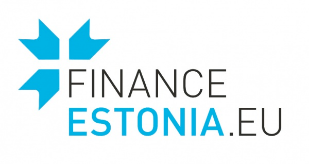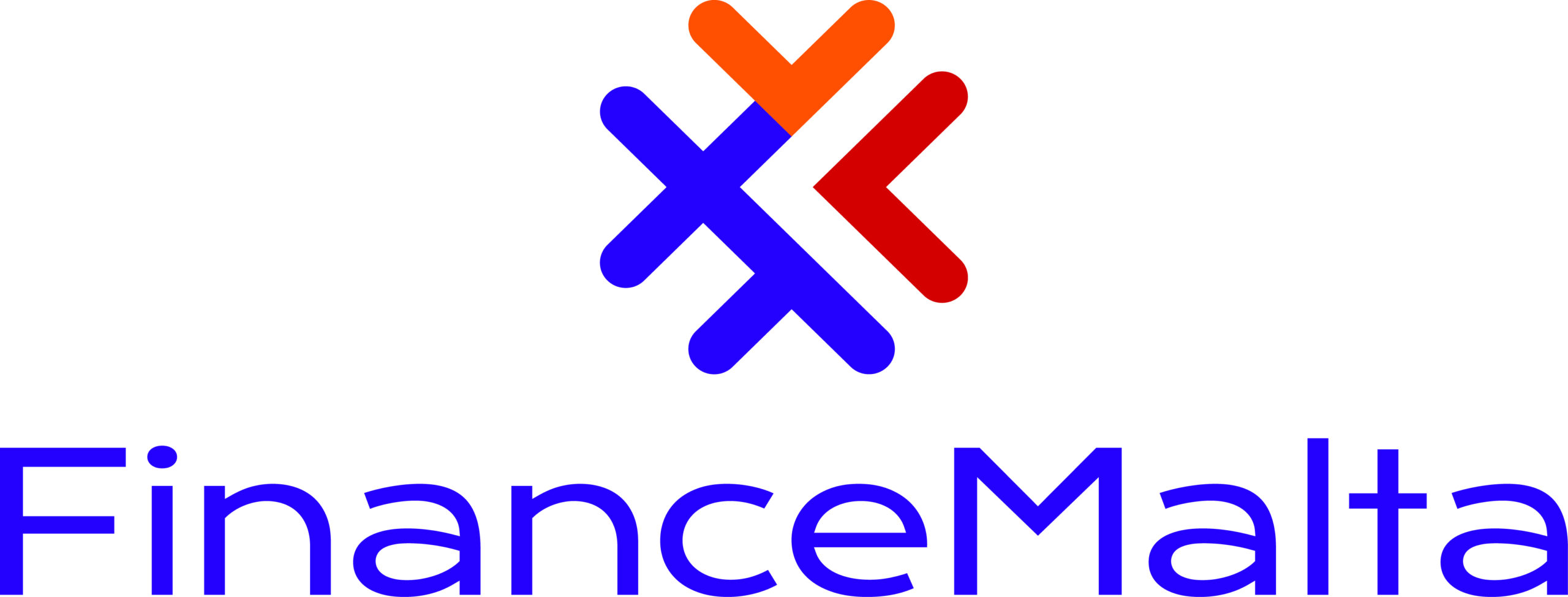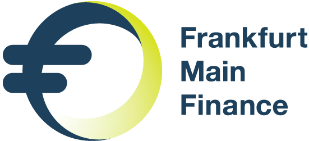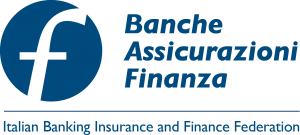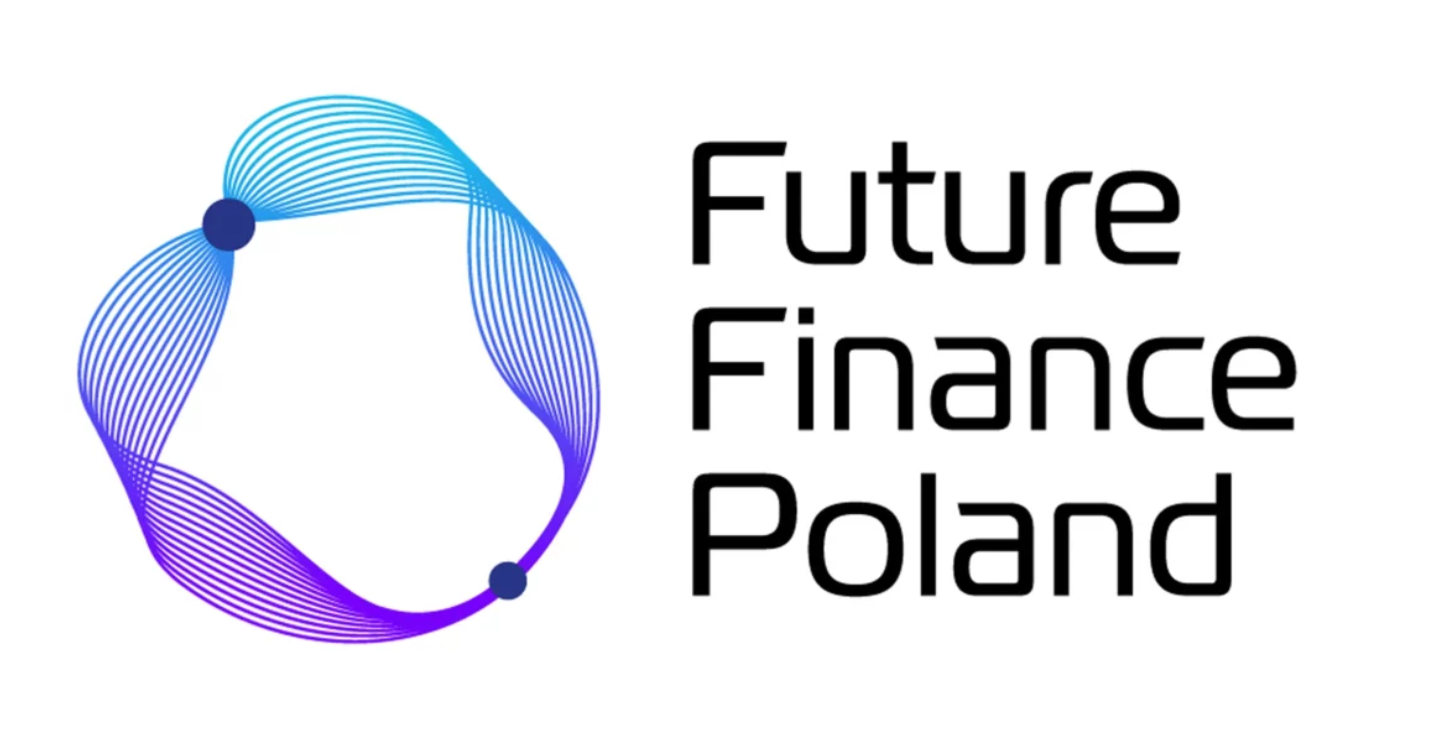Members
Berlin Finance Initiative
The Berlin Finance Initiative (BFI) is the voice of Berlin’s dynamic hub for technology based finance and the digital economy. Berlin has long been considered the preeminent startup location for banks, exchanges, FinTechs, investors, insurance companies and PE/VC funds in Europe. In addition, Germany’s capital is the home of worldclass universities, research & development sites and an innovative corporate and services sector attracting students, talents and professionals from all over the world.
The mission of BFI is to further develop Berlin as a European financial hub.
Febelfin
With more than 260 members, Febelfin represents the majority of the Belgian financial sector, including banks, credit providers, asset and fund managers, stockbroking firms and stockbrokers, leasing companies, etc. Insurance companies, pension funds and holdings are not included among its members. Together, the members of Febelfin vzw/asbl provide more than 100,000 direct jobs and more than 100,000 indirect jobs in Belgium.
Febelfin’s mission consists of the following:
• defining positions held by and on behalf of its members
• lobbying at the national and European level and taking part in social negotiations
• providing services: providing information, comment and counsel as well as training via Febelfin Academy
• communicating with its members and the public at large and taking part in the debate on professional, political, social and educative matters.
Finance Estonia
FinanceEstonia is a public-private financial sector cluster organisation with the aim of supporting Estonian economy by increasing member companies business opportunities through enhancing financial sector internationalisation, supporting innovation and increasing capital availability. FinanceEstonia works with members and stakeholders to ensure an attractive and competitive environment, especially for human and financial capital.
Finance Malta
Finance Malta is the public-private initiative set up to promote Malta as an International Financial Centre. Finance Malta came on the scene at a critical time, just as Malta entered the Eurozone. The financial services sector is now a major force in the country’s economy. Malta has some significant strengths to offer the industry such as a well-trained, motivated workforce; a low-cost environment; and an advantageous tax regime backed up by more than 70 double taxation agreements. To these, FinanceMalta can add a world-class information and communications technology infrastructure, English as an official language, an enviable climate and its strategic location.
Finanzplatz Hamburg
Finanzplatz Hamburg e. V. is the first point of contact for financial management in Hamburg. A cross- sector network, exchange at the highest level and an environment for creative ideas.
The goal of Finanzplatz Hamburg is to strengthen the market participants in the financial sector, to make the financial centre of Hamburg more competitive internationally, to give the location a distinctive image and to communicate this. The focus is on close networking with politics and administration as well as with education and science.
Frankfurt Main Finance
Frankfurt Main Finance is the voice of the leading financial centre in Germany and the euro zone, Frankfurt am Main. The initiative has more than 60 members including the State of Hesse, the cities of Frankfurt and Eschborn, and dozens of prominent actors in the finance sector. Through their membership and engagement, they all demonstrate their close relationship to Frankfurt and desire to position Frankfurt amongst the top national and international financial centres. Frankfurt Main Finance leverages the influence of its members to advocate for the Financial Centre Frankfurt and provide high-caliber dialogue platforms.
Italian Banking, Insurance and Finance Federation (FeBAF)
FeBAF – The Italian Banking, Insurance and Finance Federation – was established in 2008 by the Italian Banking Association (Abi) and the National Association of Insurance Companies (Ania). Following a statutory change in 2010, other financial associations have joined the Federation.
The Federation fosters the role of banking, insurance and financial companies while promoting the general interests of the country:
– a modern and efficient financial sector is an important condition for sustainable growth of society and economy;
– aims to present its member associations’ views on economic and social policies to Institutions, political and monetary Authorities, trade associations and public opinion;
– promotes business values, acting to spread the culture of competition, and focusing on the enhancement of banking, insurance and finance in terms of transparency towards consumers and savers.
Luxembourg for Finance
Luxembourg for Finance (LFF) is the Agency for the Development of the Financial Centre. It is a public-private partnership between the Luxembourg Government and the Luxembourg Financial Industry Federation (PROFIL), bringing together the various financial industry associations. Founded in 2008, its objective is to develop Luxembourg’s financial centre and help open up markets and identify new business opportunities. LFF connects international investors to the range of financial services provided in Luxembourg, such as asset management and wealth management, banking, insurance, capital market operations or advisory services. In addition to being the first port of call for international journalists, LFF represents the financial centre in international fora, cooperates with the various industry associations and monitors global trends in finance.
Paris Europlace
Paris EUROPLACE is the organisation in charge of developing and promoting the Paris financial marketplace and the French financial industry internationally. It brings together all financial industry stakeholders; its 400+ members include issuers, investors, banks and financial intermediaries, insurance companies; attorneys and accountants, consulting firms, etc. Paris EUROPLACE gathers and expresses positions of market players as it seeks to strengthen the attractiveness of the Paris financial marketplace, establish constructive relations with European and International Institutions in a global financial context, stimulate research and innovation in finance with the Institut Louis Bachelier (ILB) and the cluster FINANCE INNOVATION, and promote these objectives internationally.
Stuttgart Financial
Stuttgart Financial was launched in 2007 in cooperation with the Ministry of Economic Affairs, Labor and Housing, the University’s Banking Foundation and the Stock Exchange Association. Their goal is to strengthen the Stuttgart financial center and increase visibility as an important location for financial services in Germany. With the four pillars of network, projects, innovation and education, the Stuttgart financial center is driven forward.
Future Finance Poland
The Future Finance Poland project aims to create coordination and cooperation mechanisms within the financial industry and develop practical tools to support the development of Poland as a next-generation financial center at the regulatory, technological, business and marketing levels. The approach also assumes the need to promote the financial center internationally and support the expansion of Polish companies doing business in the financial industry abroad.
Fin.Connect.NRW
Fin.Connect.NRW promotes networking and offers expertise to companies and the financial sector in order to support the financing of the climate-neutral and digital transformation in the State of North Rhine-Westphalia. Fin.Connect.NRW’s aim is expanding the financial ecosystem. The initiative is primarily concerned with financing the economic transformation, proposing solutions and initiating projects.


